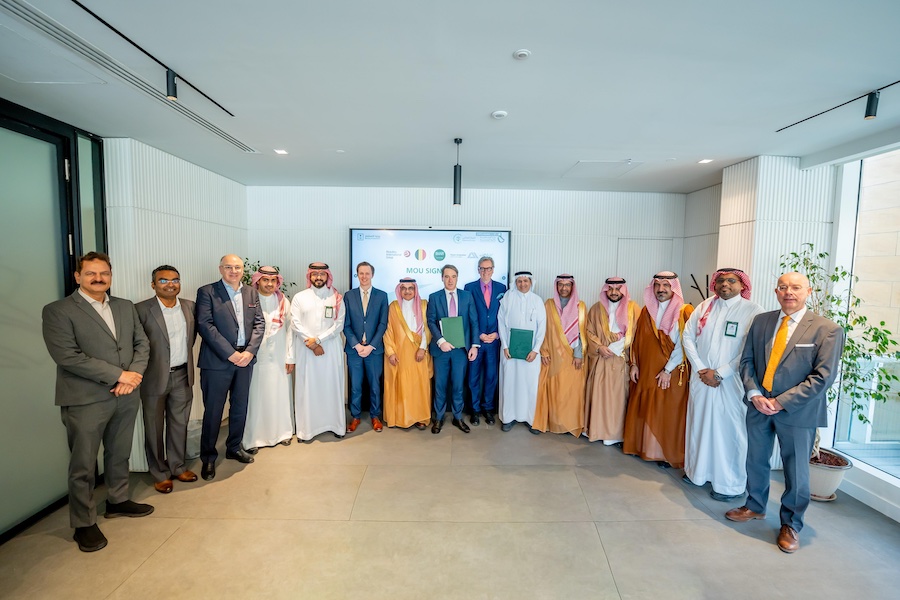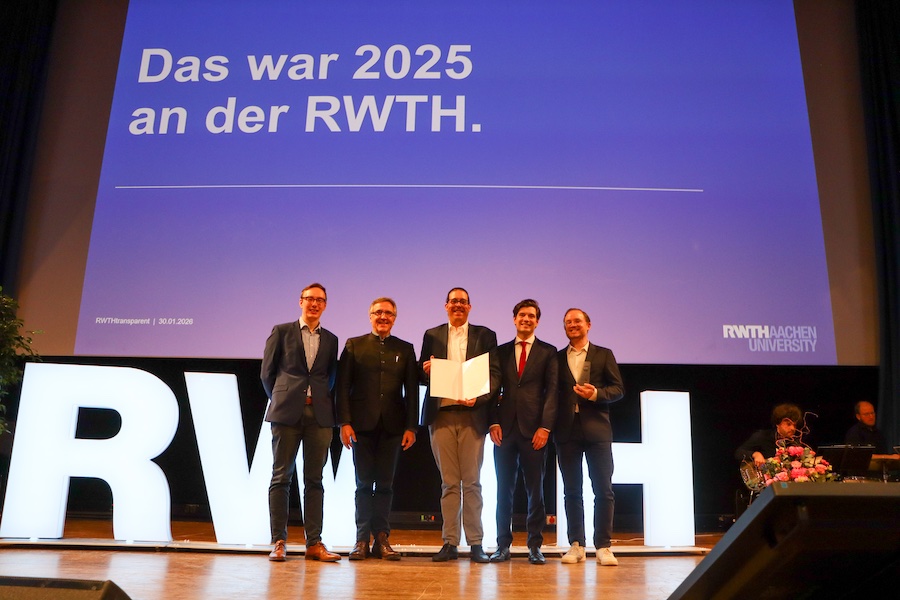#Man-Made Fibers
Global fiber production reaches record levels in 2024
Global fiber production reached a new record in 2024, underscoring both the industry’s dynamism and the scale of the challenges ahead. According to the latest data, global fiber output climbed to 132 million tonnes, up from around 125 million tonnes in 2023. This is equivalent to producing roughly four tonnes of fiber every second. While the volumes reflect continued demand for textiles worldwide, the figures also highlight a widening gap between industry progress and the climate targets set by the Paris Agreement.
Polyester remains dominant
The surge in production was driven primarily by fossil-based synthetics. Polyester remained the single most widely used fiber, accounting for 59 percent of total global output. Of this, an estimated 88 percent is fossil-based, confirming the sector’s strong dependency on virgin petrochemical feedstocks. Recycled polyester volumes rose slightly, from 8.9 million tonnes in 2023 to 9.3 million tonnes in 2024. However, because virgin polyester grew faster, the overall share of recycled polyester declined from 12.5 percent to 12 percent of the polyester market.
Cotton and other natural fibers
Cotton remains the second most widely used fiber but saw a slight decrease in both volume and market share. Production fell from 24.8 to 24.5 million tonnes, equating to 19 percent of the global fiber mix. Within this, 34 percent of cotton was produced from certified sources in 2024, reflecting steady growth in sustainability programs, but also underscoring the limited speed of transition compared to the pace of overall fiber growth.
Manmade cellulosics: Gradual gains
Production of manmade cellulosic fibers (MMCFs) – including viscose, lyocell, modal, acetate and cupro – increased from 7.9 million tonnes in 2023 to 8.4 million tonnes in 2024, holding a 6 percent share of the global market. Certified or controlled feedstock accounted for an estimated 65–70 percent of total MMCF output. Recycling of MMCFs also showed early progress: the share of recycled feedstocks rose from 0.7 percent in 2023 to 1.1 percent in 2024, with further growth expected as R&D and pilot projects expand.
Polyamide: Limited progress in recycling
Polyamide (nylon) remained the second most used synthetic fiber, representing 5 percent of the global fiber market with around 7 million tonnes produced. Yet recycling rates are still low: only about 2 percent of total polyamide comes from recycled feedstocks, primarily pre-consumer waste, discarded fishing nets, or carpets. While this highlights potential for circular models, significant technical barriers remain. Biobased polyamide fibers also accounted for only 0.4 percent of total production, constrained by high costs, limited supply, and ongoing debates about sustainability credentials.
Recycling and certification
Across the industry, the overall share of recycled fibers remained stable at 7.6 percent, the majority of which was PET from recycled bottles (6.9 percent of total global fiber production). Less than one percent of all fibers came from pre- and post-consumer recycled textiles, showing that true textile-to-textile recycling remains in its infancy.
Certified fibers, however, continue to gain traction: in addition to cotton, around two-thirds of MMCFs and 50 percent of global mohair production were certified under recognized standards in 2024. This indicates progress in building traceable, responsible supply chains, even as absolute fiber volumes continue to rise.
A call for scaling up
For Textile Exchange CEO Claire Bergkamp, the latest findings reflect both achievement and urgency: “The data we’ve released today makes clear the scale of the challenges ahead, but it also gives us a strong foundation for action. I’m encouraged to see real progress as reporting companies increase their use of certified raw materials and reduce reliance on virgin fossil-based polyester. The challenge now is to take this progress to scale.”
The 2024 figures thus present a double-edged message: record volumes underline the global significance of textiles, while the dominance of fossil-based synthetics highlights the critical importance of accelerating systemic change. Certified materials and early recycling initiatives are encouraging, but without faster progress, the gap to climate goals will continue to widen.

Download the report:
https://textileexchange.org/knowledge-center/reports/materials-market-report-2025/












